Iran’s non-oil exports to neighbors surge amid sanctions
Iran's non-oil exports to neighbors in the five months since the start of the Persian year on March 20 rose 27 percent year-on-year to $10.7 billion, the country’s customs figures show.
More than 33.3 million tonnes of non-oil goods worth $20.6 billion were exchanged between Iran and its 15 neighbors in the period, the Islamic Republic of Iran Customs Administration (IRICA) spokesman Ruhollah Latifi said on Wednesday. Iran’s overall non-oil trade in the period stood at $42.5 billion.
Iraq took in 8.6 million tonnes of non-oil Iranian goods worth more than $2.9 billion, followed by the UAE with $2.7 billion and Turkey with $2.3 billion in imports from their resource-rich neighbor.
Next came Afghanistan with $641 million, Pakistan with $475 million, Oman with $452 million and Azerbaijan with $296 million in imported goods from Iran, the figures cited by official IRNA news agency showed.
Iraq’s main purchases from its neighbor are agricultural products, engineering services, construction materials, and energy, such as electricity and natural gas. Baghdad has received waivers from Washington allowing it to buy Iranian electricity and natural gas.
The US has had to repeatedly extend sanctions exemption by 45, 90 or 120 days, to allow Baghdad to import Iranian energy, but it is unhappy with close relationship and trade between Baghdad and Tehran.
Iraq needs more than 23,000 megawatts of electricity to meet its domestic demand but years of war following the 2003 US invasion have left its power infrastructure in tatters and a deficit of some 7,000 megawatts.
In the past, officials in Baghdad have said there is no easy substitute to imports from Iran because it would take years to adequately build up Iraq’s energy infrastructure.
Iraqi Prime Minister Mustafa al-Kadhimi has said he wants “excellent relations” with the Islamic Republic.
The two countries have called to raise their annual bilateral trade to $20 billion from around $10 billion despite the impact of the US sanctions.
Latifi put Iran’s imports from its neighbors in the first five months of the Persian year at $21.6 billion, up 21% from the same period a year before.
The UAE was the biggest exporter at more than $6 billion followed by Turkey at $2.1 billion and Russia with $715 million.
Iran foresees a leap in its foreign trade this year without worrying about the effects of the US sanctions which have been a drag on the country's economy for years.
All projects drawn up last year have been designed in such a way that the fate of the Vienna talks to revive a 2015 international nuclear deal with Iran would have no bearing on their implementation, Deputy Minister of Industry, Mining and Trade Medhi Niazi has said.
"None of the plans defined in the Ministry of Industry, Mining and Trade since last year are dependent on the JCPOA and political agreements," the minister said, referring to the Joint Comprehensive Plan of Action which is on life support since the US abandoned it in 2018.
For example, intermediate and basic commodities pegged to the dollar are no longer tied to the greenback, Niazi said.
"Moreover, the dependence of metal commodities on the dollar has been eliminated in the stock market. We are also solving the problem in the petrochemical field with the help of the Ministry of Petroleum," he said.
Intermediate goods are products such as steel that are used to make finished products.
Leader of the Islamic Revolution Ayatollah Seyyed Ali Khamenei has repeatedly made it clear that Iran's economy should not be tied to efforts to remove US sanctions.
Iran and the remaining signatories of the JCPOA engaged in talks for months in Vienna to revive the nuclear deal, but the negotiations have been followed by silence since March amid Washington showing an unhealthy interest to keep the core elements of the sanctions on Tehran intact.
Unlike the former administration which saw its legacy tethered to the nuclear accord they negotiated for more than two years with President Barack Obama,
President Ebrahim Raeisi is an ardent advocate of “resistance economy”, a concept characterizing the Iranian response to Western sanctions policies. He has also said his government's priority is improving ties with Iran's neighbors.
Niazi said trade relations with the regional countries have been facilitated, resulting in a surge of exchanges to $100 billion.
"The trade volume of more than $100 billion amid the embargo is a big event that will increase by 20 to 30 percent this year," he said.
"This means we have finally been able to get a grip on the areas at which the enemies wanted to harm us," Niazi added.
VIDEO | Press TV's news headlines
Israel kills 5 Palestinian journalists in front of Al-Awda Hospital in Gaza
VIDEO | Gaza ceasefire obstacles
VIDEO | Pakistani Christians mark Christmas in solidarity with Palestine
VIDEO | Plight of Gaza cancer patients
Dozen people killed in armed clashes in Syria’s Tartus
VIDEO | Yemen’s hypersonic missiles continue targeting Israel
VIDEO | Intl. event marks Yalda Night, Christmas, Birth Anniv. of Lady Fatima (PBUH)


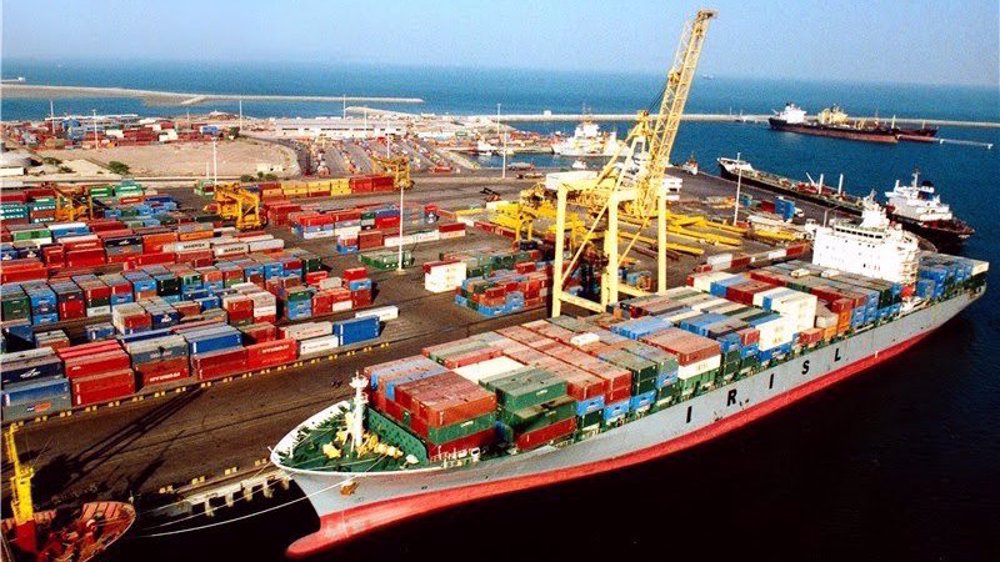
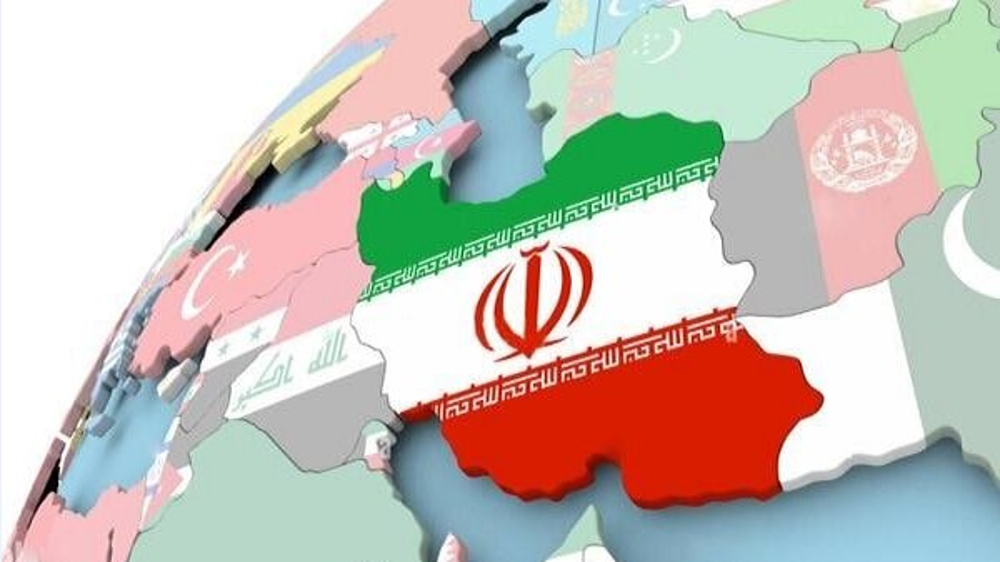
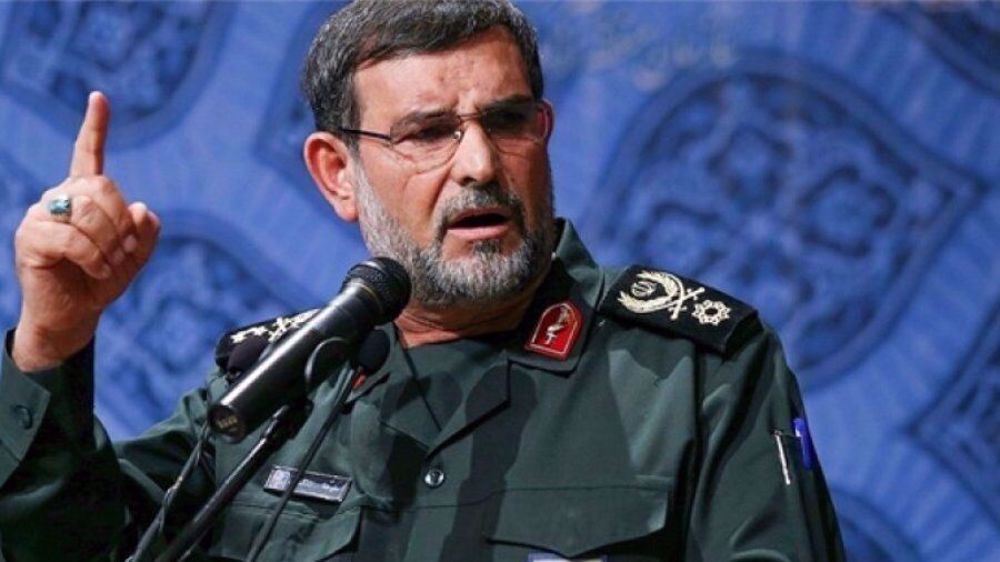
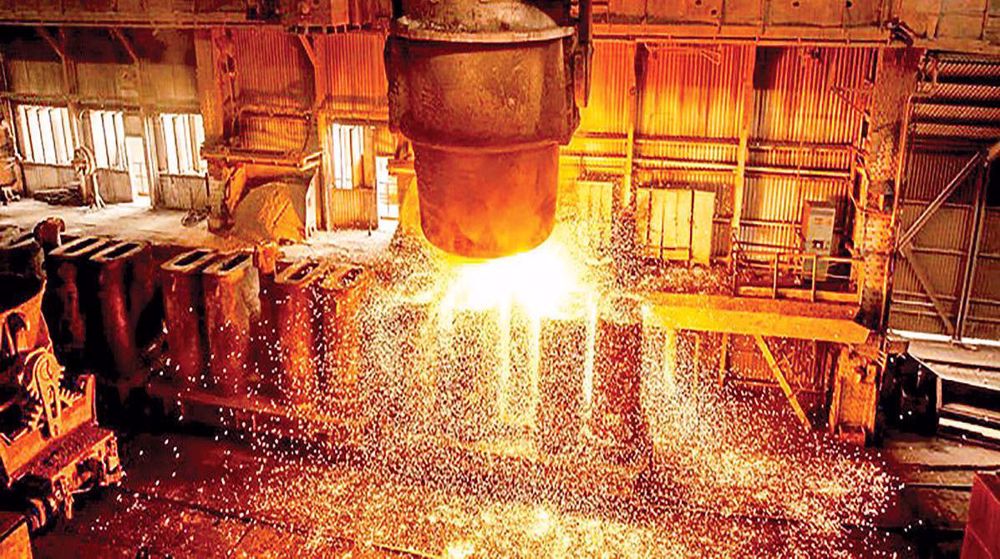
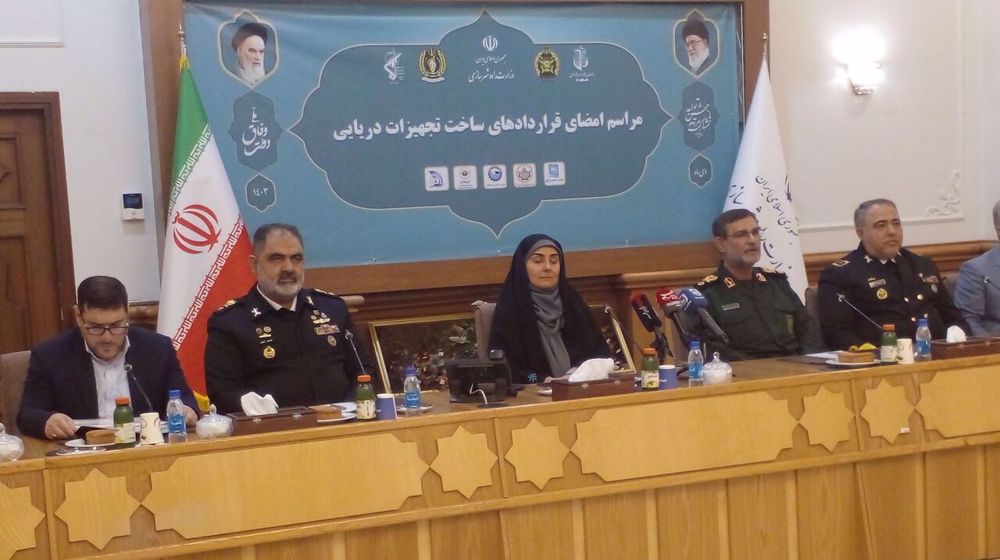




 This makes it easy to access the Press TV website
This makes it easy to access the Press TV website